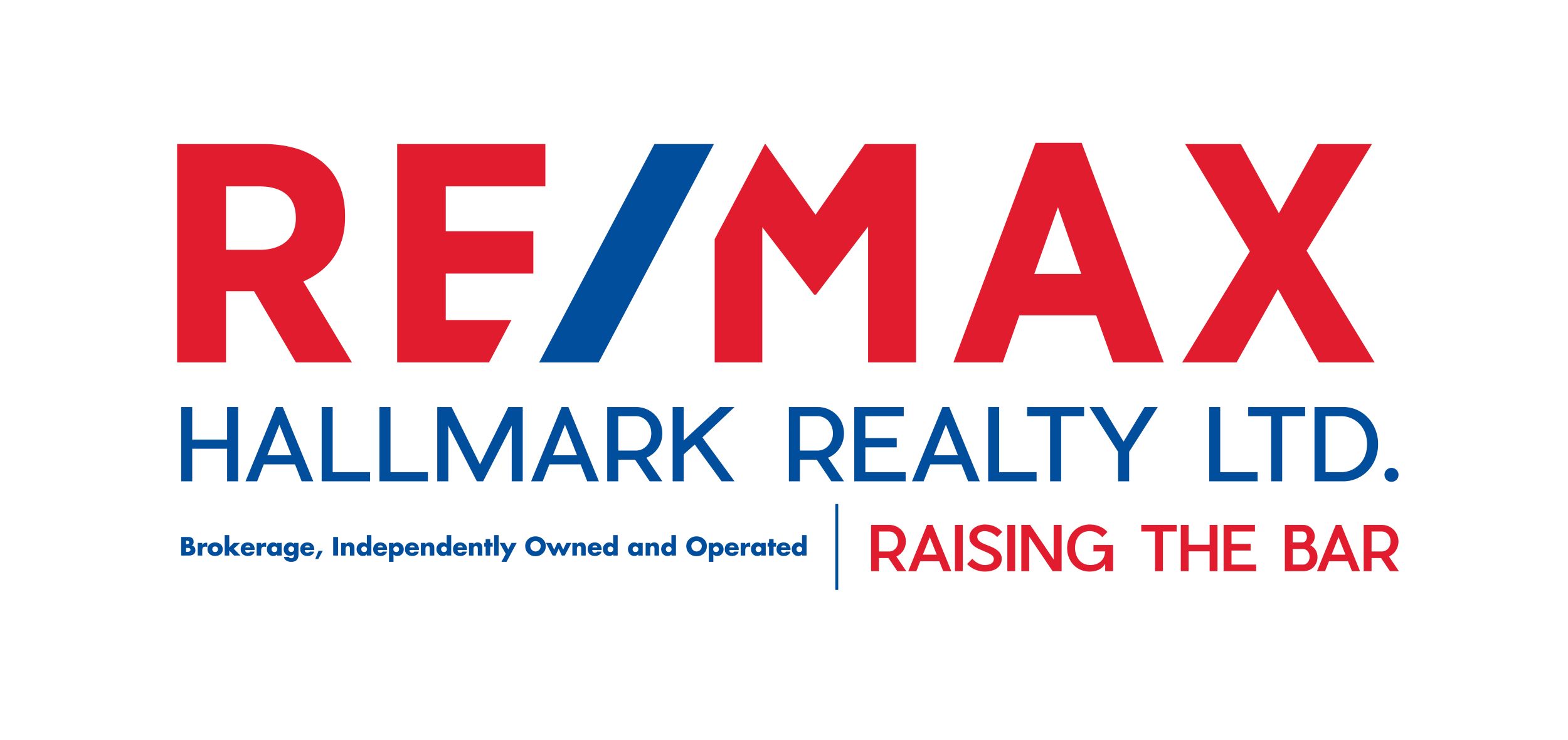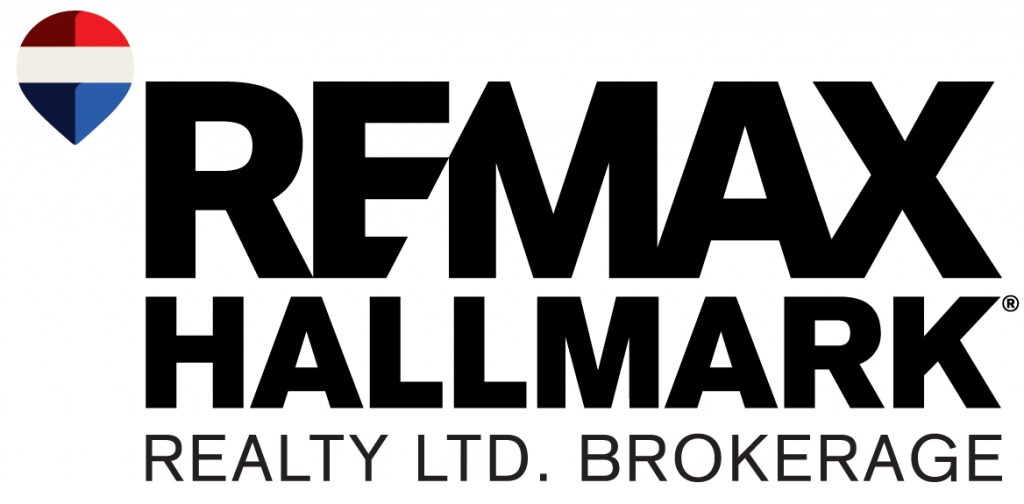It’s more common than you might think.
Real estate fraud does happen and you should be aware of the ways in which your personal information could be used to commit it. If you get nothing else out of this piece, do everything you can to protect your personal identity information and always work with credentialed professionals when dealing with real estate, or any major financial transaction.
Mortgage Fraud
This is a situation where a bank is tricked into lending money for a mortgage. How are they tricked? If the bank knew the full and accurate situation, and wouldn’t lend the money in those circumstances, it’s fraud. Ultimately, if you are the victim of mortgage fraud, you could end up with crippling debt.
Examples of mortgage fraud:
- Someone who is not on title for your property asks you to apply for a mortgage (second mortgage / home equity line of credit) in exchange for part of the cash.
- Someone who offers you a share of the proceeds on the resale of a property.
- A fraudster misrepresents the sale price to the lender: “A fraudster agrees to purchase a property from a legitimate vendor. The fraudster and the vendor agree on a purchase price of $250,000. The parties sign an agreement of purchase and sale indicating a purchase price of $250,000. The parties then sign a one page amendment to the agreement indicating that the purchaser will be given a credit of $50,000 on closing to effect repairs to the property. The fraudster does not disclose the amendment to the Bank. The fraudster applies to the bank for a high ratio mortgage. The fraudster is approved for a mortgage of $237,500 being 95% of $250,000. On closing, some of the mortgage proceeds are used to close the transaction and the balance of proceeds are paid to the fraudster. After the closing, the fraudster makes mortgage payments for a period of time and then stops. The Bank sells the property under power of sale and is unable to realize sufficient monies to cover the full amount owing on the mortgage because it over-advanced approximately $47,500.00, being 95% x ($250,000 – $200,000).” (Source)
Title Fraud
This type of fraud involves someone stealing the title to your home.
How? The most common way is through identity theft. Through the theft of your identity and personal information, the fraudster could transfer the title to their name, sell your property out from under you, or apply for a mortgage / home equity line of credit against the property, absconding with the funds and leaving you with a tremendous debt.
“Title insurance” is the best protection against this type of fraud. As well as protecting against title fraud, it also guards a new owner from against existing liens against a property’s title (such as unpaid debts from utilities, mortgages and unpaid property taxes), encroachment issues (a structure on a property needs to be removed because it is on your neighbour’s property) and errors in surveys and public records.” (Source)
Foreclosure Fraud
This happens when someone is having trouble making their mortgage payments and a less than reputable organization gets involved by offering up a loan to cover some of the payments—like a consolidation loan. These fraudsters prey on people who are desperate, convincing them to transfer the title of the property ‘temporarily’ to them so that it isn’t lost. What happens in reality is that the fraudster keeps the payments that are being made, and could at some point resell or remortgage the property.
Did You Commit Fraud?
By being anything less than 100% honest when applying for a mortgage, you could be committing fraud. It’s not large ‘F’ fraud, but if you are fudging some of your numbers or in some other way disclosing numbers that aren’t accurate, in order to get a loan that you might not otherwise get, you are in fact committing fraud.
How do people ‘fudge the numbers?
- Stating a larger income than they actually have;
- Not disclosing all debts;
- Not providing the accurate amount—or source—for your down payment;
- Claiming a secondary / vacation property is actually primary.
The only route is to be honest, even if it means that you might not be approved for the amount you want.
If You Think You Might Have Been the Victim of Real Estate Fraud
- Gather up all available documentation and contact the police to file a report.
- Contact your bank or any other financial institutions that might be affected by the fraud.
- Put a fraud alert on your credit with the main credit agencies: Equifax and TransUnion.
- Check with the local land registry office to ensure that your property title is still intact.
The Law Society of Upper Canada has some interesting PDFs that show ways to
recognize real estate fraud and
red flags for fraud. If you are engaged in frequent real estate transactions due to the nature of your business or your life, you should take a look!
How to Avoid Being a Victim of Fraud?
Go with the age old adage: if it walks like a duck and quacks like a duck, it’s a duck.
What do I mean? If a deal seems too good to be true, it probably is. You can best protect yourself by always crossing your t’s and dotting your i’s.
- KEEP your identity and other personal information private. Never share it over the phone or online. Even with documents at home, keep anything with your personal information under lock and key. Your pet sitter might seem like a great guy, but you never know! And when it’s time to get rid of documents with sensitive information? Shred them.
- Check your credit regularly to make sure that no debt is being registered to your name that you didn’t authorize. The sooner you catch it, the less damage will be caused.
- NEVER carry more ID than you need. Your SIN card, birth certificate or citizenship card aren’t things you use daily, so store them away in a safety deposit box, or safe.
- NEVER sign a document that you haven’t read. If you don’t understand it, get legal advice.
- NEVER sign a blank document. If there are empty fields that could be filled in later, you might be signing for more than you bargained for!
- NEVER work with ‘professionals’ who don’t have the right credentials: lawyers need to be members of their provincial bar association; mortgage brokers and home inspectors need to be licensed.
- NEVER ever walk away from a document you’ve signed without getting a copy.
Finally, always work with a realtor or real estate broker when buying or selling property. All realtors are registered with RECO—Real Estate Council of Ontario—which requires us to follow the
Real Estate and Business Brokers Act, 2002 (REBBA) and other applicable laws.



